Jill Heinerth
Twenty five years ago, I led a dive team into the cold maw of the B-15 iceberg, a leviathan of ice adrift from Antarctica’s Ross Ice Shelf. It was the largest piece of ice ever witnessed, a frozen monolith cleaved from the edge of a continent. Inside its cathedral-like passages, we descended to glimpse what had never been seen. We called it exploration, but it felt more like a reckoning. The term "climate change" was whispered then, warnings muffled by the politics of denial. Now the earth bellows them for all to hear.
Now, headlines scream of collapse—ice unraveling faster than the forecasters dared to predict. For decades, I have dived beneath the crust of frozen landscapes, watching the transformation unfold in slow violence. How we adapt is shaping the bones of civilization. So I return to the ice, diving under the northern expanse of my homeland, Canada, drawn by the urgency to bear witness.
The Arctic is succumbing, sprinting through changes where once it crept. The U.S. National Snow and Ice Data Center charts the region’s fever—temperatures rising twice to four times as fast as elsewhere. The Inuit call the sea ice the land, their language honoring its function: a route to hunt, to connect, to live. But the land is crumbling. Every year, its thinness betrays its past strength. Snowmobiles falter where sleds previously skimmed confidently. How much longer can their wooden qamutiks cross this vanishing terrain?
The Arctic’s delicate order—its food chain of light, algae, seals and whales—is unraveling, replaced by emptiness and exploitation. Open waters are sirens to oilmen and shipping fleets, industries poised to tear deeper into what was once a natural sanctuary. Storms grow fiercer, permafrost melts, and erosion gnaws at villages that have lived in rhythm with nature for millennia.
In recent years, rain fell on our Arctic camp in torrents, pooling into rivers that coursed through our tents. A qamutik lashed to a snowmobile sprayed slush as it fishtailed through the softening ice, the land becoming liquid beneath our feet. We followed cracks in search of a crossing, with every decision edged with peril.
We raced to a pinnacle on the horizon — an iceberg that had broken free from an ancient glacier in Greenland and traveled across the Davis Strait to become locked in the sea ice. Freshwater spilled from its melting face, streaming in rivulets, tearing through its surface like veins. We knew it wouldn’t last; the frozen monument strained against the grip of the ice floe. We dove immediately, a race against the tide of its dissolution.
I sank through a blurry mix of fresh and salt water, where algae clung to the ice like banners in a dying kingdom. Nutrients locked in the frozen walls would soon feed the plankton blooms of the Arctic summer, the foundation of an unraveling ecosystem. Below, the ice glowed blue and green, its surface scalloped by currents that tugged at my safety line. In its depths, layers of time revealed themselves: clear stripes, darkened with volcanic ash from millennia past; air bubbles trapped since before humanity could write its story.
Farther down, a carpet of orange kelp waved over a garden of sponges and tiny creatures. Looking up, I saw my partner descending, her silhouette framed in the cathedral’s azure light, bubbles trailing through the water as she pulled her line toward me. We moved through this fleeting realm with reverence, knowing its days were numbered.
By the next day, the iceberg would break free, tumbling southward to meet its end. Within weeks, it would vanish, leaving behind only its nutrients, a brief offering to the ocean, and a quiet contribution to rising seas.
And then, like so much of the Arctic, it would be gone.
Here’s a short video from Jill explaining Arctic ice melting and rising sea levels:
"Help fuel our newsletter habit—because without coffee, our ideas evaporate faster than steam from a fresh brew!"
“One Day, Some Day…”
Robert McClellan
I lost my father to leukemia when he was only 49 years old. Since then, I’ve had an acute awareness about mortality. Last week a military website that connects former battle buddies and shipmates contacted me to update my current address. I began searching for some of the people with whom I’d served. Of the ten people on my instructor team at NAS Pensacola, six were deceased. All before their time. My age and younger. Then, this morning I learned of the unexpected passing last night of a friend in Florida. He was younger than me. A dive buddy of Jill’s and prominent sculptor, he was a sensitive bear of a man who suffered in recent years with chronic pain related to soft tissue damage.
All of these people had many exciting things they wanted to do with their lives that will never come to fruition. I wrote the following article yesterday and wanted to give you some context before you read it.
Well, I woke up this morning and realized that I am closer to seventy years old than sixty-five. (I know I don't look it, thanks in advance...).
According to a recent study at Kent State University, the current life expectancy of a male in the United States is about 74.5 years. (Shit!) But, hey, I've gamed the system because I moved to Canada, renounced my U.S. citizenship, and as a Canadian dude my average life expectancy has increased to 81.6 years! The warranty on my knees, however, expired at sixty.
Above: With Shola, my physio who got me through a painful knee surgery just before our move to Canada.
I'll turn sixty-eight in less than a month. For some reason this seems like a watershed birthday. I was forty-nine when I met Jill, who was almost a decade younger. When I turned fifty she threw a big party to mark the occasion at our place in Florida. That's when I met many of you. Holy crap, I thought at the time...half a century! What in the world is this fit, accomplished, energetic young diver girl doing marrying a fifty year-old land locked geezer? How will I ever keep up with her?
Above: We were married in the woods on our Florida property.
The truth is, marrying Jill was the best thing that ever happened to me. She has kept me active, physically and intellectually. She has added so much value to my life, and hopefully a few more years of life expectancy. Through her I've met remarkable people, and been to places many only dream about. I am a very fortunate man.
Above: With Jill at the Chilean expeditionary base, Antarctica.
Some of these remarkable people are much older than me. They are still as active as ever, doing fascinating work, and living their best lives. I look to some of them as role models, mentors, and elder statesmen - although they may be unaware of the influence they’ve had on me. Every day they prove the old adage that "age is merely a number." They live all over the world, from Australia to the Arctic. (If you are wondering if you are one of them - the short answer is yes!)
My number is 68. And I am having a persistent thought: "One day, some day" is now!
We tend to put things off, saying "some day I'll fix the sink," or "one day I'll finish my novel." As my birthday approaches I realize that my "One day, some day" has arrived. I have stopped looking in the rear-view mirror, expecting kudos and satisfaction for past accomplishments, and, instead I've become focused on what is right in front of me.
I am suddenly creating art. I am rekindling my love of photography. I am putting positive energy into my community each day. I am investing more effort into supporting Jill's important work. (This newsletter, for example). I am saying hello and smiling at each person with whom I make eye contact as I take daily walks on the recreation trails near our home. I am experimenting with making the absolute perfect espresso-based latte' each morning.
Some of these things may be second-nature to many of you. But, to this former alcoholic tough-guy with more than a touch of PTSD, it requires effort. (Thank you, U.S. Navy Seabees).
There is an old saying that floats around 12-Step program rooms: "One foot in yesterday, and the other in tomorrow, leads to pissing on today.”
My "One day, some day" is...today. And I don't plan on pissing it away.


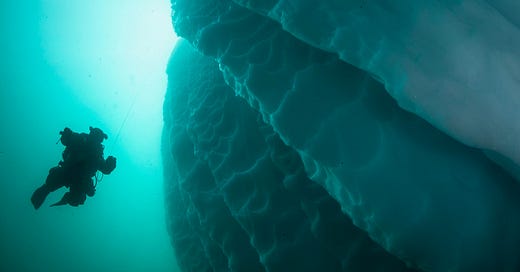


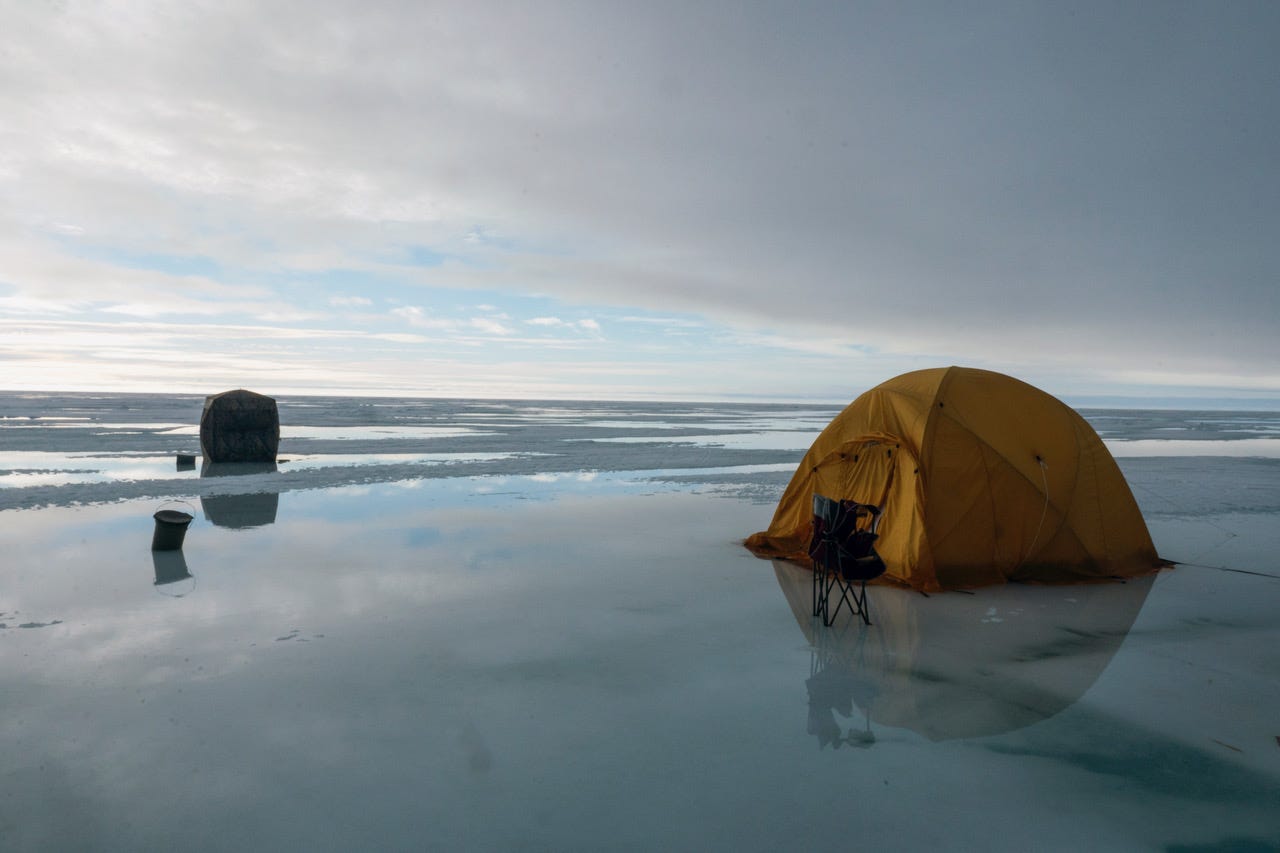
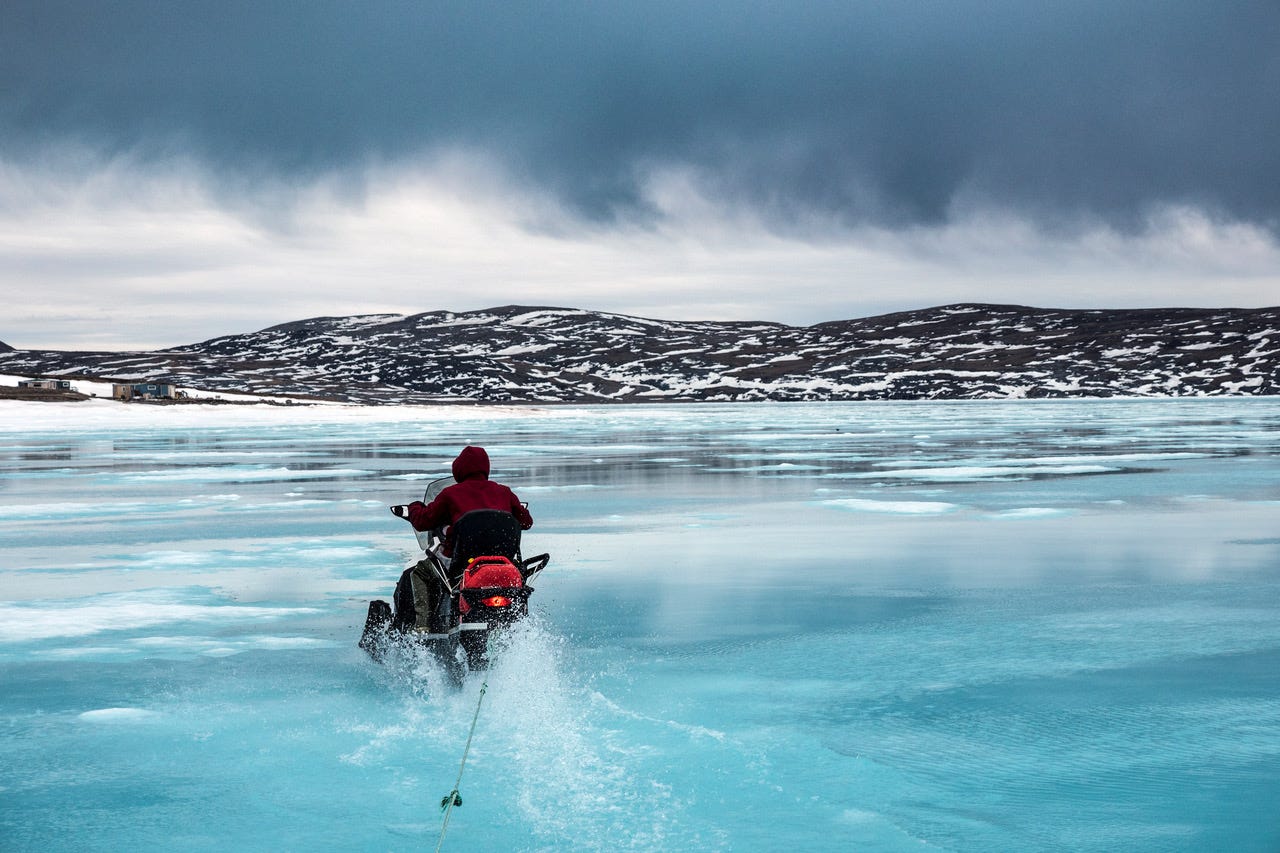
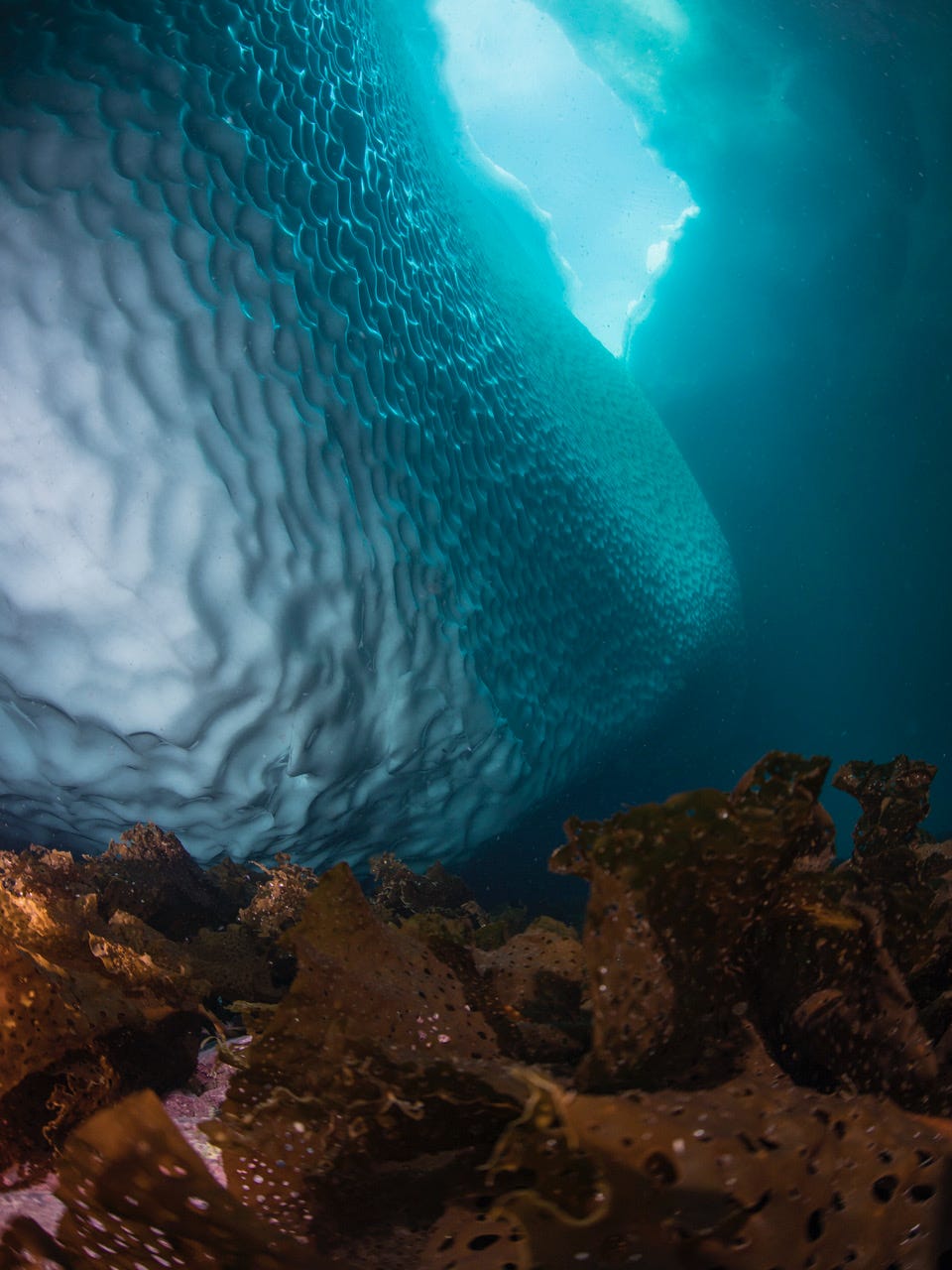

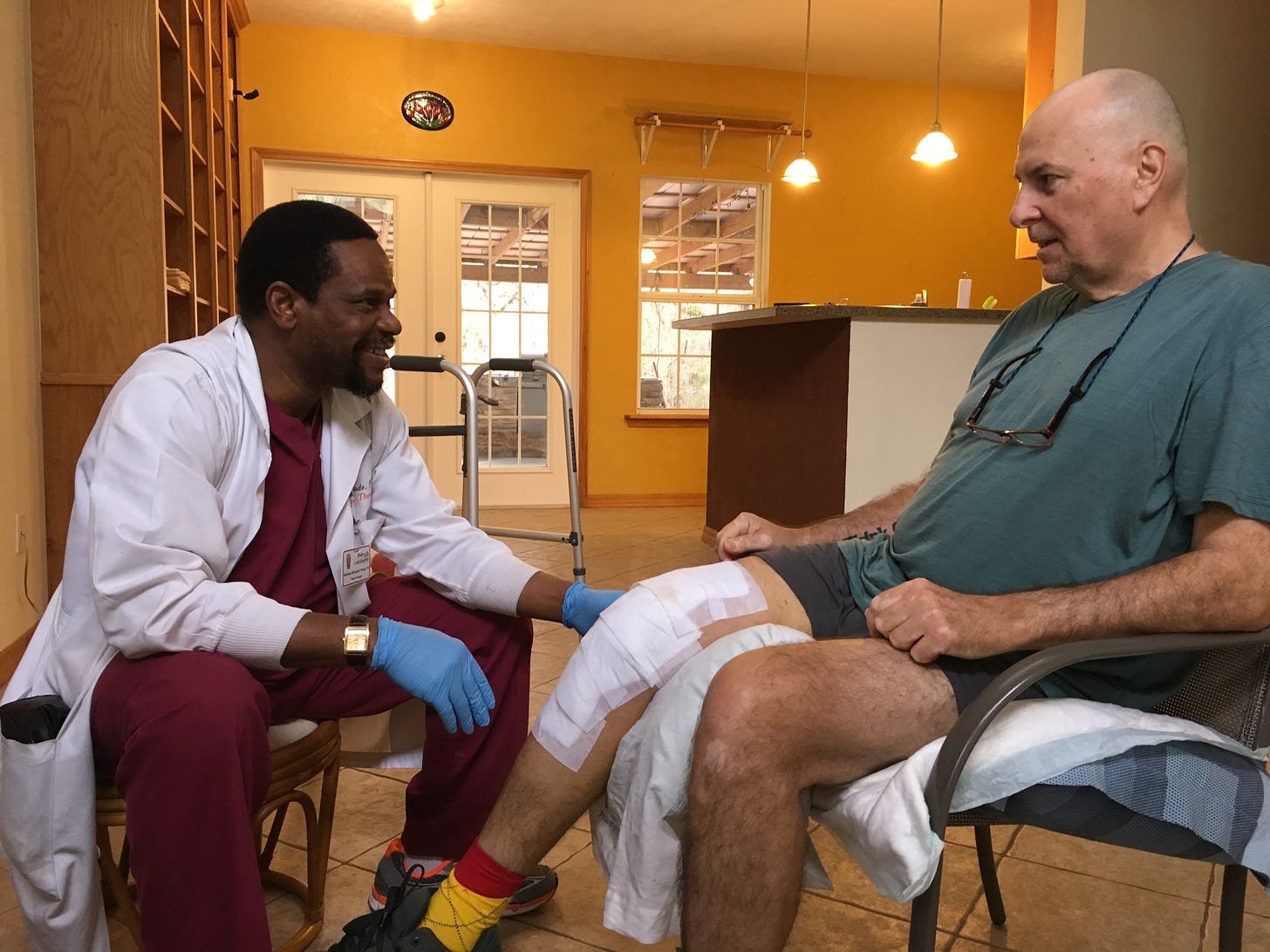
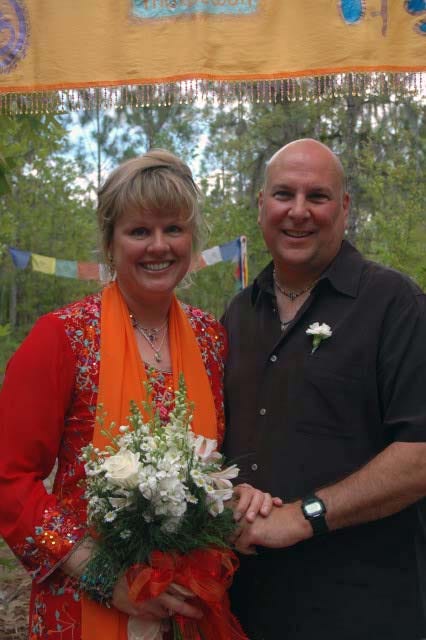
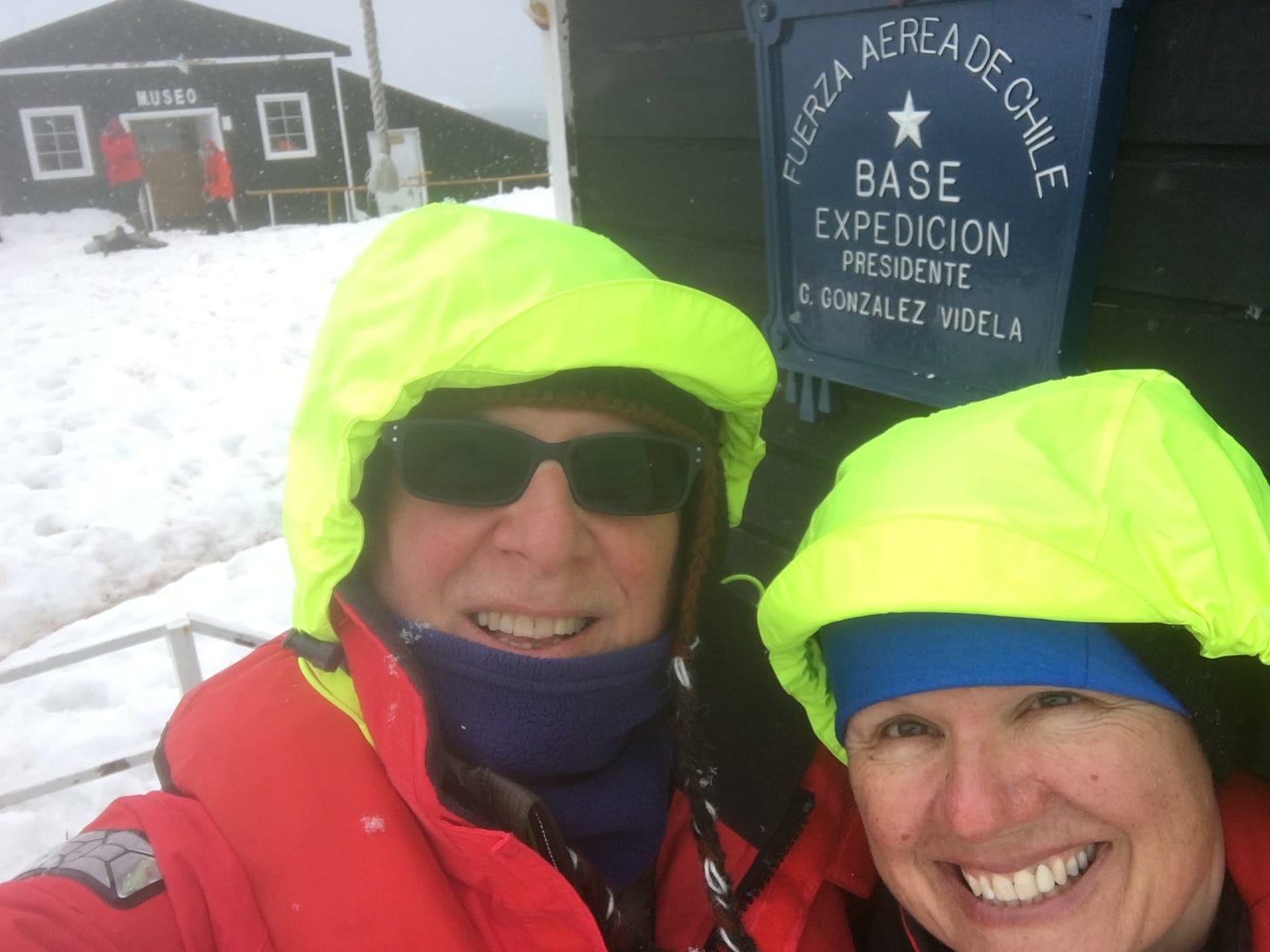
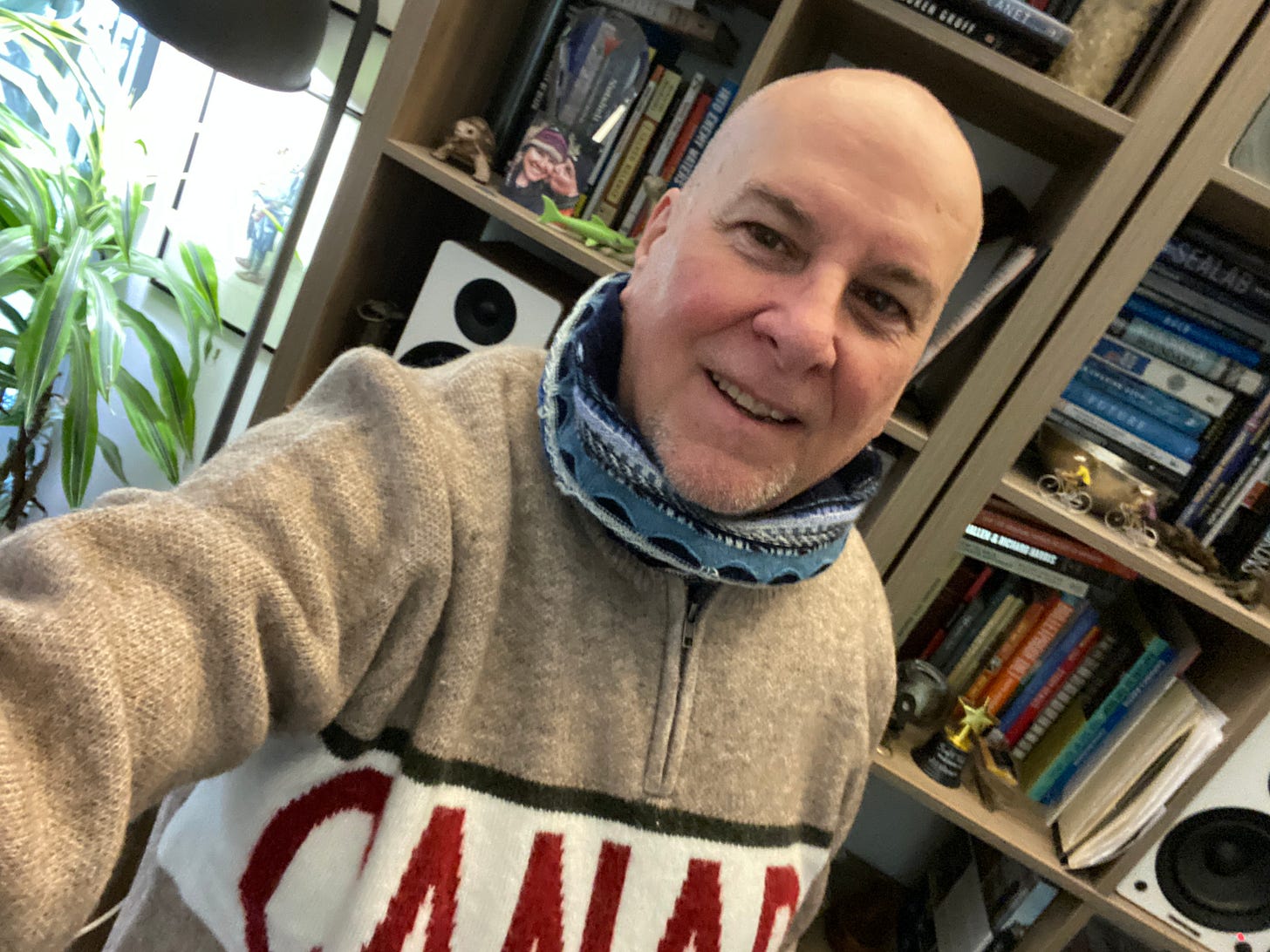
It’s so sad Jill, I almost feel the pain of our Mother Earth as she has been under assault by our greed and stupidity for so long. We ignore her cry at our own peril! We keep behaving like everything is ok and with all the crisis in the world the environment is always last to be dealt with! All we can do is always be part of the solution and keep speaking out! Every time I welcome a new baby in the world, (way too many) I can’t help but wonder as I watch them take their first breath, what kind a world are we welcoming you in, little one???
I am so sorry Robert for losing your father so young, also losing so many people you know. This part of growing older, just sucks! I understand about today! My wife is your age and I am turning 50 in a few months and there is only today! These is no someday! That’s why we take advantage of every opportunity we have to live and be inspired, fill our soul with everything that is beautiful on this planet! May you have many many healthy years where you get to live every day to the fullest and share your incredible adventure with your amazing wife! I do that with mine and it is quite the ride!